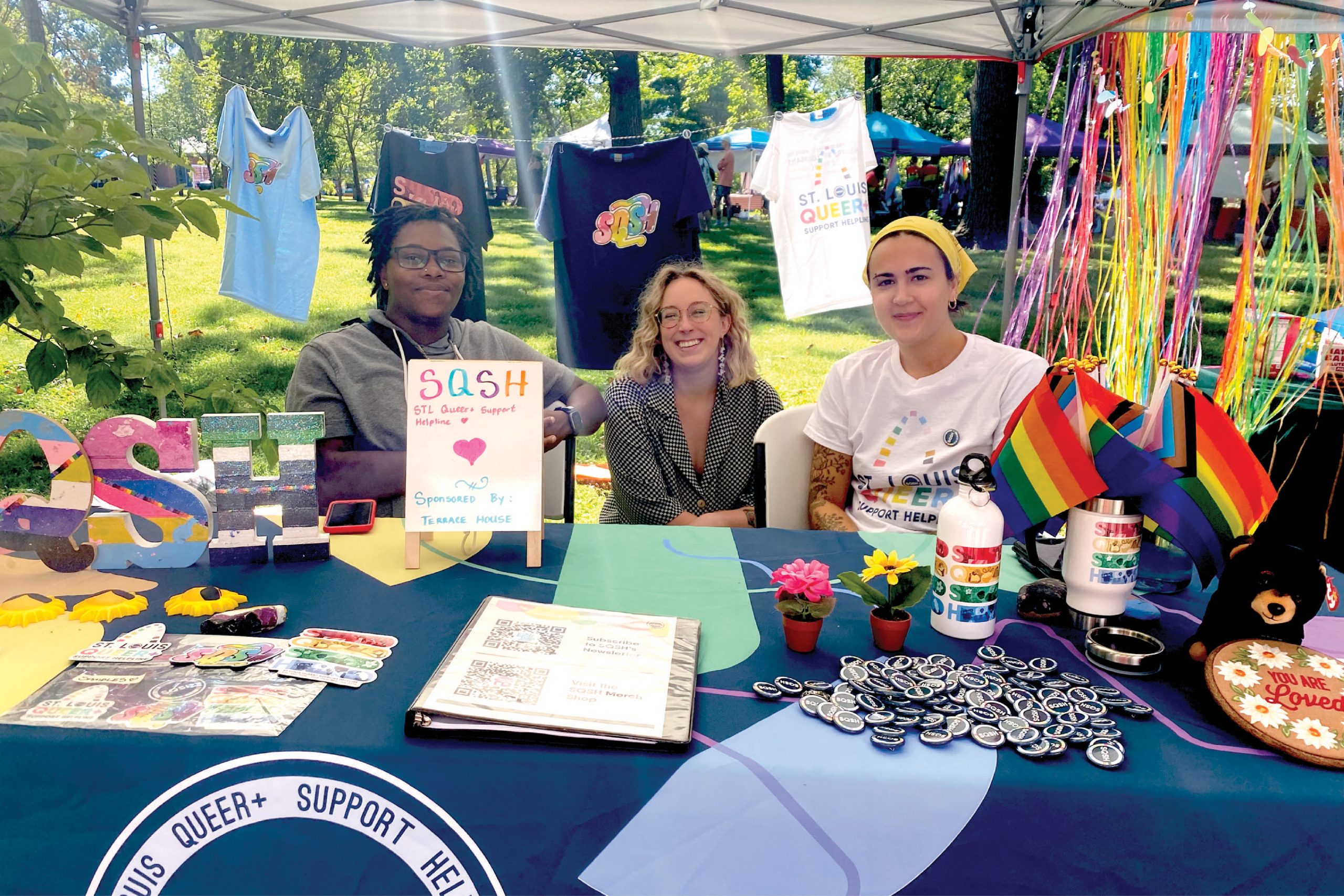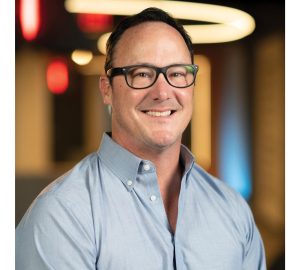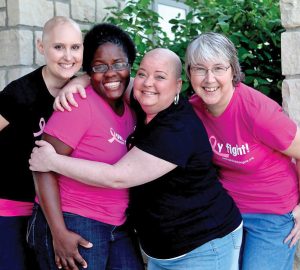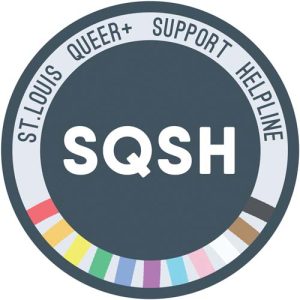 Pride Month is a national celebration of diversity and acceptance, but the work of creating a supportive and inclusive community happens all year in St. Louis. The St. Louis Queer+ Support Helpline (SQSH) is dedicated to facilitating healing spaces and providing holistic support for the local LGBTQIA+ community. T&S spoke with co-founder and executive director Luka Cai to learn more about how SQSH is working to squash disparities and give all St. Louisans the chance to thrive.
Pride Month is a national celebration of diversity and acceptance, but the work of creating a supportive and inclusive community happens all year in St. Louis. The St. Louis Queer+ Support Helpline (SQSH) is dedicated to facilitating healing spaces and providing holistic support for the local LGBTQIA+ community. T&S spoke with co-founder and executive director Luka Cai to learn more about how SQSH is working to squash disparities and give all St. Louisans the chance to thrive.
Why did you decide to create SQSH?
I’m a trans immigrant from Singapore. I grew up around a lot of queer- and transphobia, so I didn’t receive a lot of support and understanding. When I moved to St. Louis in 2016, I wasn’t fully out of the closet, and I was dealing with internalized transphobia. The local queer and trans community really empowered me to feel more seen and accepted. I also learned a lot about community organizing and outreach, which made me want to get involved. The queer community faces so many disparities when it comes to issues like holistic and mental health care. SQSH started in 2019 as a grassroots movement to address these disparities and help the community thrive.
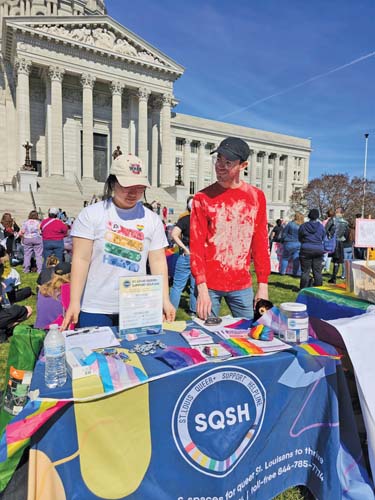 Starting in 2019, how did the pandemic impact the organization?
Starting in 2019, how did the pandemic impact the organization?
We pivoted to virtual and hybrid models, which we still use. It really spotlighted how so many queer people are already living in isolation. The LGBTQIA+ community is disproportionately impacted by disability, chronic illness and mobility issues. A lot of people were already experiencing quarantine before COVID-19. Accessibility and community health need to always be at the forefront of our work. As we grow, we really want to adapt to the needs we see in the community.
What type of programming do you offer?
Our flagship program is our peer support helpline. It provides free, confidential and identity-affirming peer support Friday to Monday from 1 to 7 p.m. We are not a crisis helpline or professional mental health service, but our goal is to prevent crises by helping people feel closer to the community. Our volunteer peer counselors undergo 60 hours of training every year, so callers can expect to feel safe and seen. We provide the opportunity to talk to someone with similar experiences in a supportive space. We also have our SQSHBook. It catalogs more than 1,200 resources in St. Louis that have been submitted by the community. It covers things like housing, food, health care, support groups and more.
What do you hope to achieve with SQSH moving forward?
Our dream is to maximize the potential of our programs. Rather than reinventing the wheel, we want to strengthen existing systems of community care. One of our goals is to hire more full-time staff, and we’d like to be able to have our helpline operate more often. We want to have more touch points in the community and work with providers so that somatic and mental health care is accessible and adaptive to
St. Louisans of all backgrounds and identities. Hopefully, SQSH can continue growing in a sustainable trajectory.

How can people support SQSH?
Monetary and resource donations, such as masks, COVID-19 tests and air purifiers are always appreciated, and we can use help from volunteers. We also are launching our community anthology and manifesto. This is a project that we started in fall of 2022. We collected stories from members of the St. Louis queer community and crowdsourced photography, illustrations and other artwork. It even includes poetry, song lyrics, comics and a play excerpt. Everything has been compiled in a 100-page book, and we hope people will be blown away by the creations of queer St. Louisans. We really need everyone on board to create a St. Louis where everyone, regardless of gender or sexuality, can live with power, safety and abundance. It’s not just a queer issue, and it’s not something a single nonprofit can solve.
To reach the SQSH peer support helpline, call 314.380.7774 or 844.785.7774. For more information, visit thesqsh.org.
Photos courtesy of SQSH





